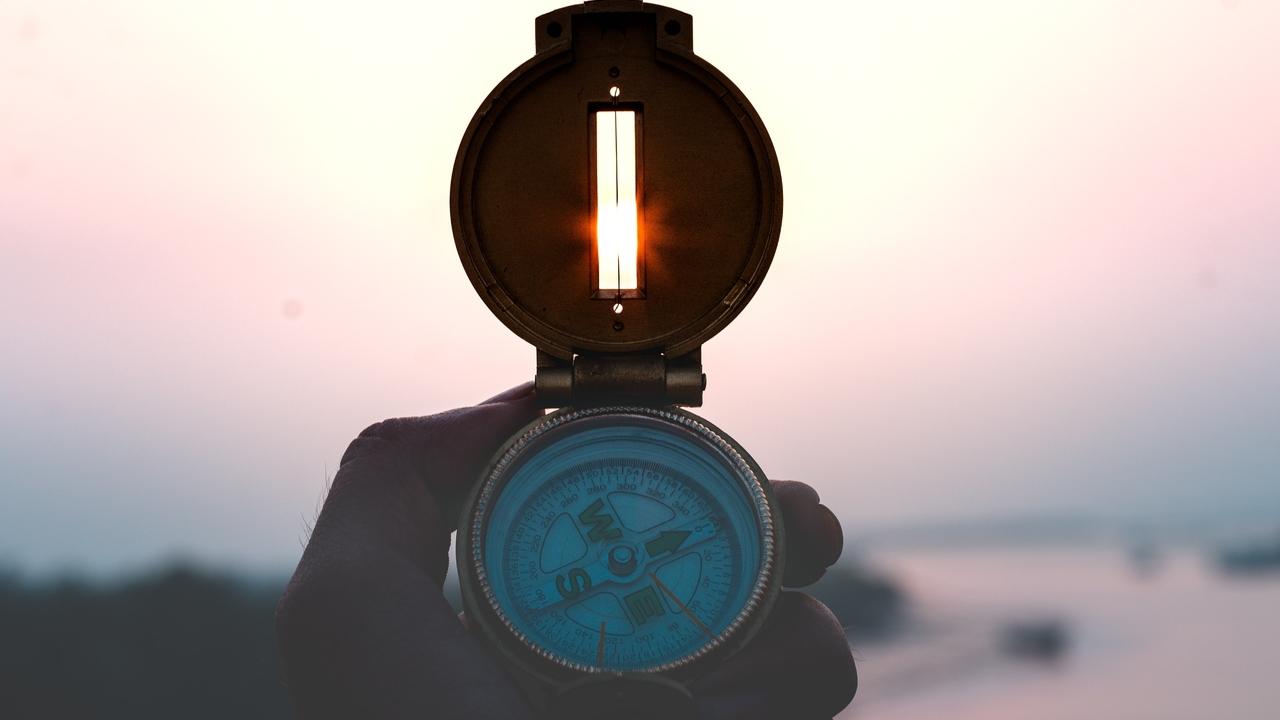Nonprofit Leadership Compass Points: Weathering the COVID-19 Storm

By Dr. Michelle Stecker and Kathryn Werner
At a time when the word “uncertain” is ubiquitous, leaders of nonprofit and social-purpose organizations need to double down and focus on fundamentals. This article is a 30,000-foot overview of compass points to guide you as you lead in turbulent times.
1. Mission As Your North Star. Focus like a laser on your organization’s mission. Stay out of the weeds and don’t get dragged down by drama or distracted by shiny objects. See the big picture, and how you can lead your organization through the challenges and opportunities specific to fulfilling its mission. The insightful motto, “Don’t mow your lawn while your house is burning down,” reminds us to focus on what is important. Take the time to reflect and get away from the noise that sucks up precious time and energy. Focus on your north star, and guard against mission drift.
2. Do The Right Thing Especially When It Is Tough. Ethical leadership demands integrity and consistency. Nonprofits and social enterprises place the highest value on causes and people. We are respected in our communities, and have earned the trust and goodwill of diverse stakeholders. The effect our choices have on people and on our mission must be considered in all that we do. While making tough decisions, take the time to ask yourself: “What kind of leader am I?” “Are my decisions congruent with the mission and vision of our organization?” “Am I putting people before profits?” Let your values guide your decisions.
3. Money Matters. Fundraising and trying to balance budgets during an unprecedented economic crisis are top of mind and keeping all of us up at night. We recommend that you are radically transparent with your donors, volunteers, beneficiaries, and employees. Let your donors know precisely what your financial needs are for the next 3-6 months. Unless your business is COVID-related, don’t waste time on generalized donor campaigns. Instead, identify your top donors, who have a vested interest in making sure you keep the doors open. Ask them to make a leadership investment when you need it the most. Be honest; share what your needs are and exactly how you will spend the money.
4. Clear Communication. Working in a remote, virtual world is challenging. In your daily or weekly check-ins with your team, keep internal communications clear, consistent, and transparent. Be judicious, impactful, and relevant with external communications. Ask what people need, and make sure every voice is heard. It is your responsibility to be the communicator-in-chief and to be a cheerleader for your organization, but that does not mean communicating for communication’s sake. Most of us are overwhelmed by emails, videoconferencing, and phone calls, so make sure when you speak, you are bringing value—whether in quick check-ins or critical briefings.
5. Necessity Is The Mother of Invention. Innovation is everything. Challenges and opportunities face your organization every day. Embrace the creative mindsets: tolerate ambiguity, be curious, overcome the fear of failure, and practice divergent thinking. Get in touch with your creative confidence, and reject the voice of judgment in the back of our heads that tell us our ideas are not good enough. When brainstorming ideas, remember the following guidelines and stick to them: go for “quantity over quality” (the more ideas the better), “every idea deserves a minute of life” (defer judgment), “seek novelty” (come up with lots of wild and crazy ideas), and “yes, and” (welcome the ideas of others and add on to them.) Invest the time to work through a human-centered design process to meet challenges head on, and get feedback from diverse stakeholders every step of the journey.
6. Practice Personal Sustainability. If you are burned out, you are no good to your organization and to the people who count on you. Model self-care to your employees and volunteers. Research shows that exercise, meditation/mindfulness, and being in nature (and natural light) are important ways to recharge our batteries. Take consistent breaks throughout the day. And, when the going gets tough, dial a friend or mentor to get the advice or support you need. All of us are making more mistakes than usual, so it is important to forgive yourself and others.
Together, we will weather the storm.

